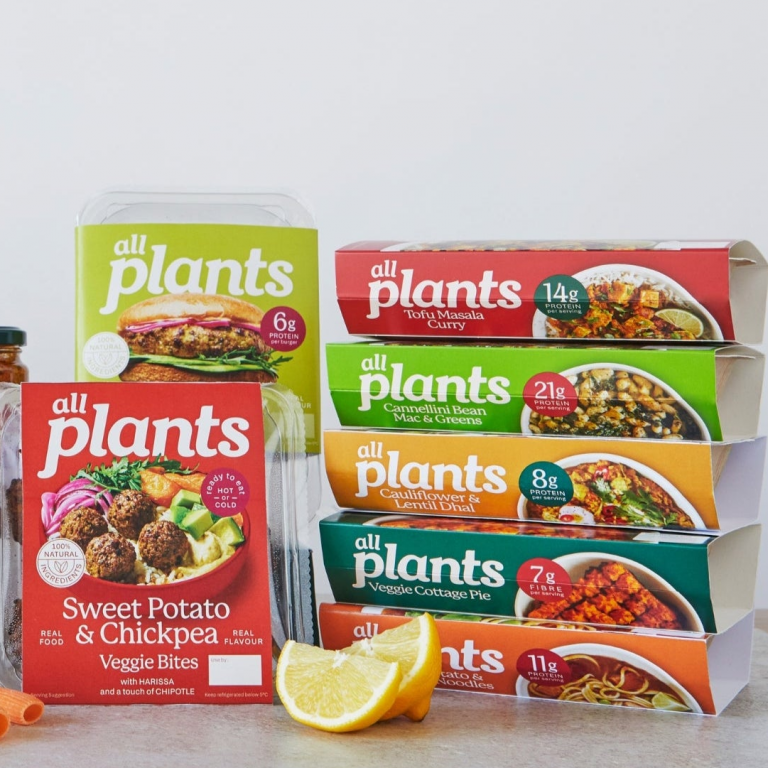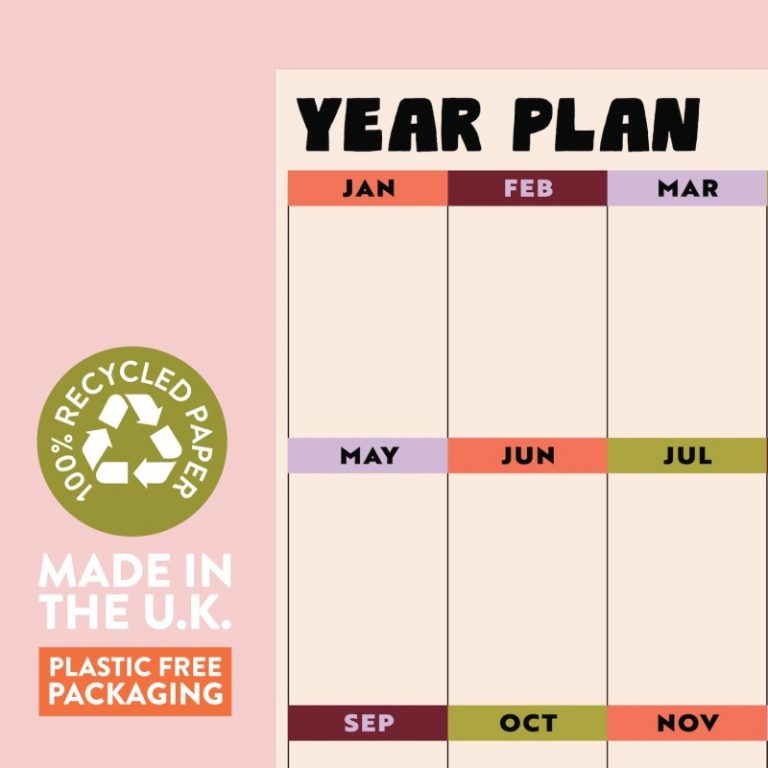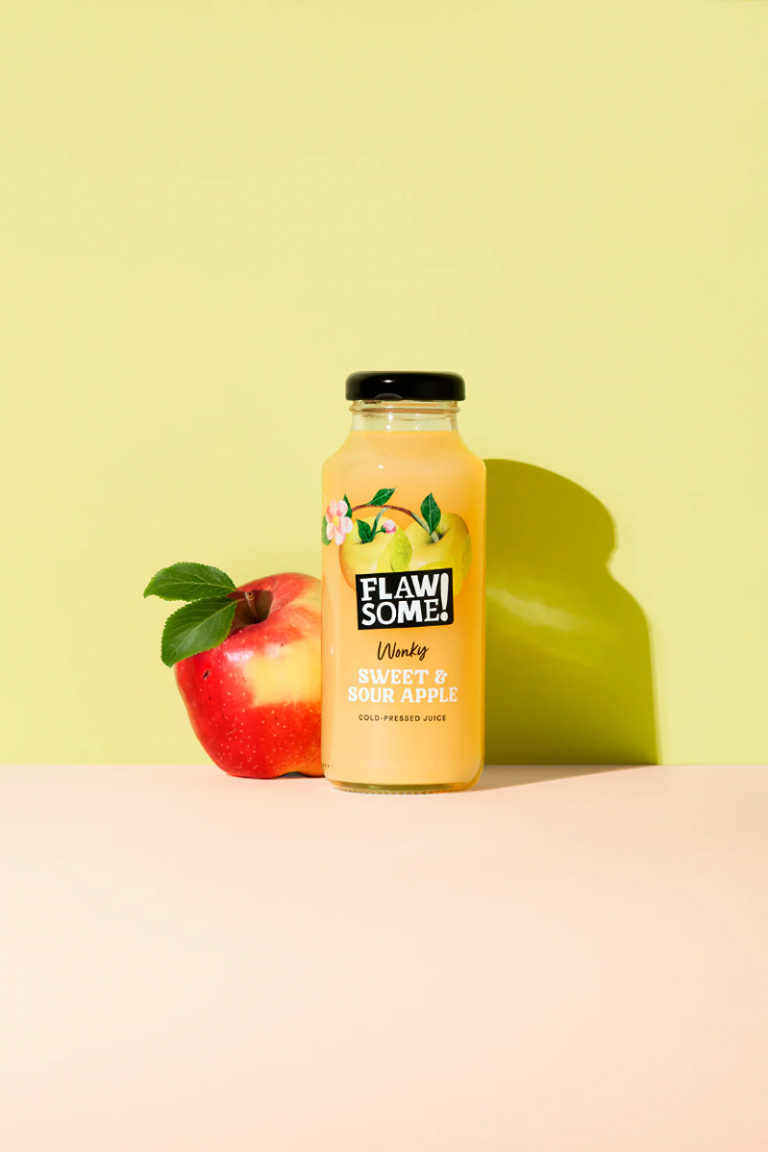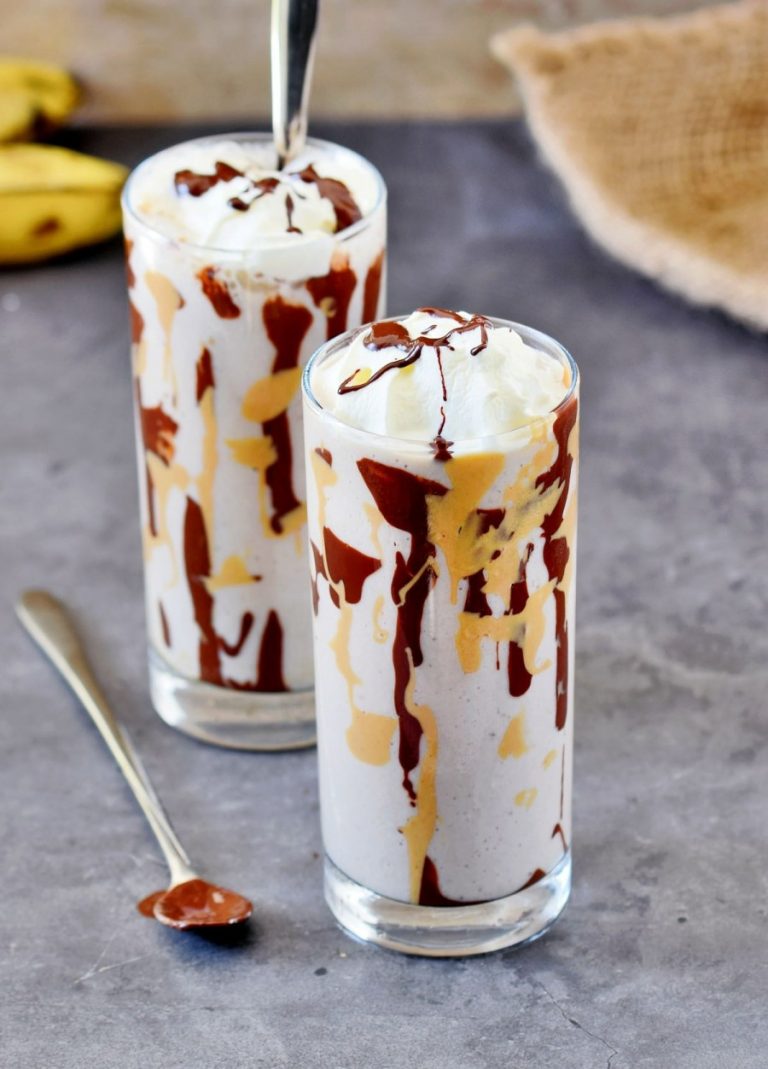The Best Brands of Sustainable Blue Jeans

Of the Oceans is a Leicester sustainable menswear company, which makes organic cotton and hemp shirts and other clothing. It also produces nice quality men’s jeans, to suit every style and body shape.
A few items contain recycled polyester or elastane. If bought, launder in a microfibre filter (or just buy the 100% natural fabrics, far simpler!)
Denim jeans are one of the world’s most popular clothing items. Yet in India, street dogs have literally turned blue, from drinking polluted water from local rivers, due to the blue dye used in local factories that make jeans for western consumers.
Also there are animal welfare issues (leather patches sewn on the back, tends to come from the far east, where there are few animal welfare laws). Plus issues with the conditions that humans work in.
This clothing brand also makes nice organic cotton shirts and beanie hats.
Hemp is naturally organic and very comfortable (warm in winter and cool in summer). This brand also donates a portion of profits donated to marine conservation charities.
Other Brands of Sustainable Jeans
- Will’s Vegan Jeans are made from cotton waste, to save on the huge amount of waste generated in the fashion industry. Ethically made in Italy, they are dyed with biodegradable inks.
- Nudie Jeans offers organic cotton jeans, with a free repair service. It also uses ‘vegan paper leather’ for the patch (Jacron – a blend of cellulose fibres and acrylic polymers).
- MUD Jeans are made with partly-recycled denim, and you can lease them, to return, rather than throwing out old pairs.
- Lucy & Yak makes organic cotton dungarees, and offers take-back recycling schemes.
- Armedangels uses organic cotton, and ensures fair pay and working conditions.





